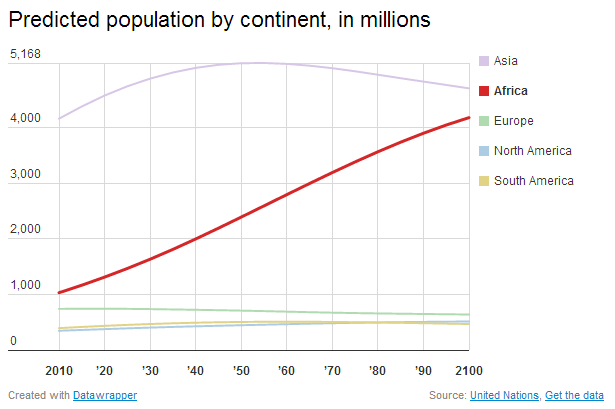Americanah, the new novel by Chimamanda Ngozi Adichie is very good. I have a long list of Nigerian fiction on my to-read list, but Americanah got bumped to the top because it seemed like the perfect transition from Princeton to Nigeria: I heard Chimamanda speak in Princeton – where she, like Ifemelu, the main character, lived for a year on a fellowship – a month or so ago.
Americanah starts with Ifemelu taking NJ Transit from Princeton to Trenton to get her hair braided, because Princeton is the sort of place with an “ice cream shop that had fifty different flavors including red pepper” but no one to braid black hair. Following her TED Talk advice, Americanah crams in many narratives. It’s set in Lagos and London, Brooklyn and Baltimore, New Haven and Philly, and it’s about migration from Lagos to America, from Lagos to London, and from everywhere back to Nigeria. One character, in London:
His eyes would follow them, with a lost longing, and he would think: You can work, you are legal, you are visible, and you don’t even know how fortunate you are.
It’s about dating across race, wealth, and cultures; academics and intellectuals and the many people who are only one or the other, not both; the London black market of arranged sham marriages and faked ID documents; accents real and faked; sex work; the constant burdens and exploitation and desperation of the undocumented; Barack Obama; the hope and opportunity that can come with an approved visa application; and hair. Lots of hair.
There are Americans who deny that racism is still a problem. Wealthy folks who, learning Ifemelu is from Nigeria, try to connect by mentioning their latest trip to Tanzania, their opinion of Ethiopian beauty, the charity they support in Malawi. Ifemelu thinks:
There was a certain luxury to charity that she could not identify with and did not have…. Ifemelu wanted, suddenly and desperately, to be from the country of people who gave and not those who received, to be one of those who had and could therefore bask in the grace of having given, to be among those who could afford copious pithy and empathy.
Another character is at a London dinner party, thinking:
Alexa, and the other guests, and perhaps even Georgina, all understood the fleeing from war, form the kind of poverty that crushed human souls, but they would not understand the need to escape form the oppressive lethargy of choicelessness. They would not understand why people like him, who were raised well fed and watered but mired in dissatisfaction, conditioned from birth to look towards somewhere else, eternally convinced that real lives happened in that somewhere else, were now resolved to do dangerous things, illegal things, so as to leave, none of them starving, or raped, or from burned villages, but merely hungry for choice and certainty.
Ifemelu is, for a while, a blogger who writes “Raceteenth or Various Observations About American Blacks (Those Formerly Known as Negroes) by a Non-American Black” which gives Adichie a venue to make observations, often hilarious and/or impolite. One post starts:
Dear Non-American Black, when you make the choice to come to America, you become black. Stop arguing. Stop saying I’m Jamaican or I’m Ghanaian. America doesn’t care. So what if you weren’t “black” in your country? You’re in America now….
Americanah never dwells on a single theme until it becomes tiresome The major characters are sympathetic but flawed, and the observations are constantly insightful – I wanted to quote much more here. So, highly recommended.






